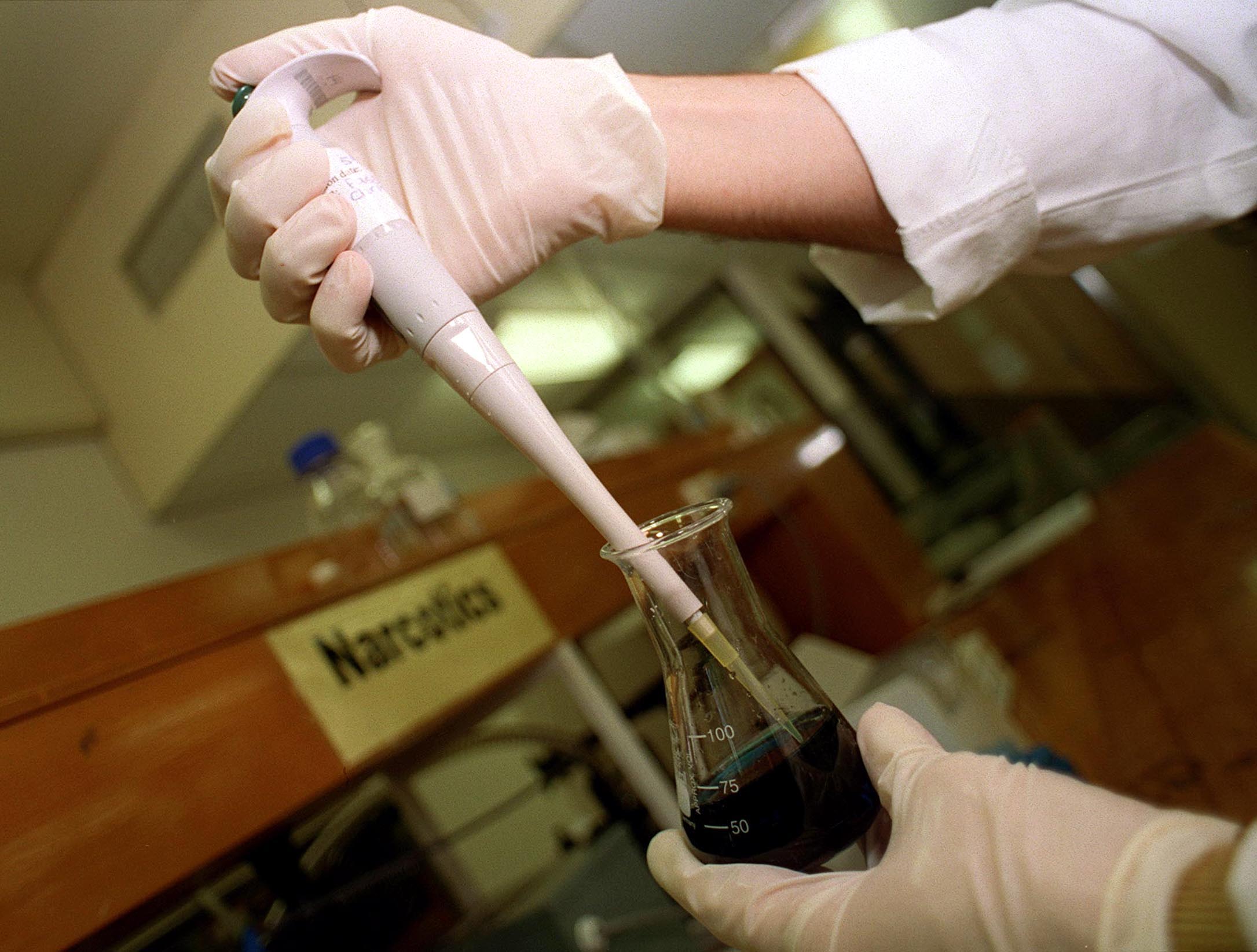Faulty lab tests could put hundreds of drug driving convictions in jeopardy
A total of 831 results were found to be unreliable

Over 800 prosecutions of motorists suspected of driving whilst on drugs may collapse because of faulty laboratory testing, it has been found.
Thousands of tests, which are relied upon by both police and prosecutors across the country, have had to be reviewed following the discovery of a problem with the way samples had been assessed.
In December 2020, Synlab Laboratory Services Limited found there were issues with the way in which it analysed drug driving samples, mainly related to quality control criteria, which were found to not always be applied consistently.
Concerns were raised by Synlab which resulted in a review. This found that 588 defendants have been convicted of driving whilst high on drugs on the back of a faulty test result, according to the National Police Chiefs’ Council (NPCC).
The NPCC went on to say that Synlab’s tests can “no longer be relied on”.
In total, 4,255 samples were reviewed with 709 positive results found to be accurate, meanwhile 831 results were found to be unreliable.
The Crown Prosecution Service (CPS) is in the process of informing defence lawyers involved in the 831 affected cases, and it is thought the discovery will likely mean that many cases collapse and convictions are overturned.
James Vaughan, who is in charge of the NPCC’s work on forensics, explained that cases convicted using unreliable evidence were “a huge regret” and added that his “thoughts go out to those who have been affected.
He said: “Any case where an individual has been convicted on evidence that is no longer reliable is a huge regret.
“My thoughts go out to those who have been affected by this and we are contacting the relevant lawyers and teams to ensure they are made aware of the findings.”
Adding: “While the majority of cases are unaffected and results can be relied upon, we acknowledge that this issue will have a knock-on effect for some people.
“It’s absolutely vital that we maintain a robust forensic testing system that provides reliable evidence to the courts.”
The NPCC did however point out that prosecutions based on faulty test results would not necessarily collapse due to the potential that there may have been other evidence to support the case.
Meanwhile, Darryl Preston, who leads the Association of Police and Crime Commissioners’ work on forensics called the news a “cause for concern”.
He said: “Road safety is a key priority for many PCCs, and forensics play a key role in identifying drink and drug-driving offenders.
“That anyone who was driving under the influence of drink or drugs may have a conviction quashed, or that someone has been wrongfully convicted, is a cause for concern.
“Longer term, this episode has shone a light on the need to ensure the very highest standards of forensic science provision to the criminal justice system and that policing... must access efficient and reliable forensics services providers to ensure justice can be served.”
Additional reporting by PA
